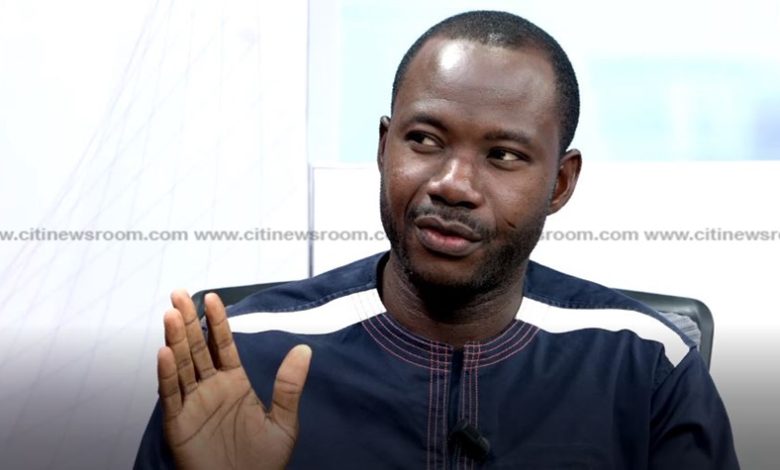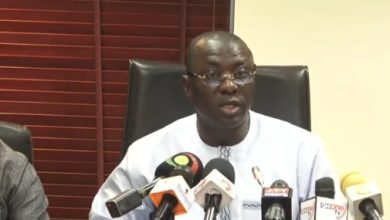Impose this Levy and expect a backlash like Kenya’s – Dr. Sarkodie warns Gov’t on “Dumsor” Levy

Senior economist and University of Ghana lecturer, Dr. Adu Owusu Sarkodie, has issued a strong caution to government, warning that the proposed Energy Sector Levy, popularly known as the D-Levy, could spark massive public backlash similar to the unrest recently witnessed in Kenya.
Speaking during the sixth edition of CDS Africa’s X Space Dialogue, Dr. Sarkodie criticised the levy as an unsustainable solution to Ghana’s energy sector challenges, especially at a time when the country is under an International Monetary Fund (IMF) program designed to promote structural reforms—not additional taxes.
“The levy does not align with the root of the problem. Trying to stabilise the economy through tariff adjustments while introducing a poorly justified tax risks public backlash. If not handled carefully, we may end up facing the kind of public unrest we’re seeing in Kenya, and Ghana is not ready for that,” Dr. Sarkodie warned.
The dialogue, which focused on the theme “Energy Sector Levy and Energy Sector Debt: Should It Be Implemented or Repealed?”, brought together experts to dissect Ghana’s deepening energy sector debt.
Dr. Sarkodie argued that the government is attempting to treat the symptoms rather than the disease. According to him, inefficiencies in power generation and poor revenue collection are the root causes of the crisis—not the absence of a fuel-based levy.
“One of the key issues under the IMF program is to resolve energy sector debt and reform the sector to avoid further accumulation of debt,” he explained. “There are inefficiencies in power generation and revenue collection. That is the real source of the problem, not a lack of taxes.”
The economist also raised questions about the fairness and equity of the proposed levy, especially as electric vehicle (EV) users—who consume electricity—would be exempt from a fuel-based tax.
“How do you ensure that those using electric vehicles, who also contribute to the energy load, pay their fair share when they don’t use fuel?” he asked.
He further criticised the continued consumption of electricity by public institutions without payment, which he said unfairly shifts the financial burden onto ordinary citizens.
“Consumers must pay for the power they use. It should not be that public institutions consume electricity without paying, only for the burden to be shifted to ordinary citizens through fuel levies,” he emphasized.
Dr. Sarkodie concluded by calling for bold reforms, improved accountability, and efficient tariff systems rather than the imposition of yet another tax on already overburdened Ghanaians.
The X Space Dialogue is part of CDS Africa’s biweekly policy series aimed at fostering informed public discourse and evidence-based policymaking across Ghana and the continent.



